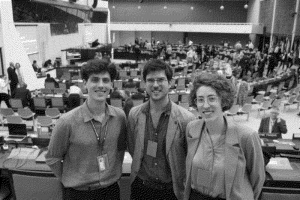
El proyecto ‘SARGADOM’ se enfoca en 2 sitios de importancia en alta mar – el Mar de los Sargazos en el Atlántico Norte (‘SARGA’) y el Domo Térmico (‘DOM’). en el Pacífico Tropical Oriental. El objetivo del proyecto es contribuir con la protección de la biodiversidad y los servicios ecosistémicos de estas áreas, así como facilitar el desarrollo de modelos de gobernanza híbrida en estos sitios.
El Mar de los Sargazos y el Domo Térmico son ejemplos del gran valor de los ecosistemas de alta mar, y de los retos para su protección.
Los sitios se han posicionado como pilotos para la implementación de un Instrumento Internacional Vinculante para la conservación de biodiversidad en áreas fuera de jurisdicción nacional (BBNJ), debido a su naturaleza dinámica y sus avances en esfuerzos de conservación.
.
Se realizará un análisis socio económico y ecológico para cada sitio. Igualmente, se realizará un análisis de los modelos de gobernanza, y se generarán recomendaciones para su fortalecimiento.
Esto llevará a diferentes propuestas para los sitios:
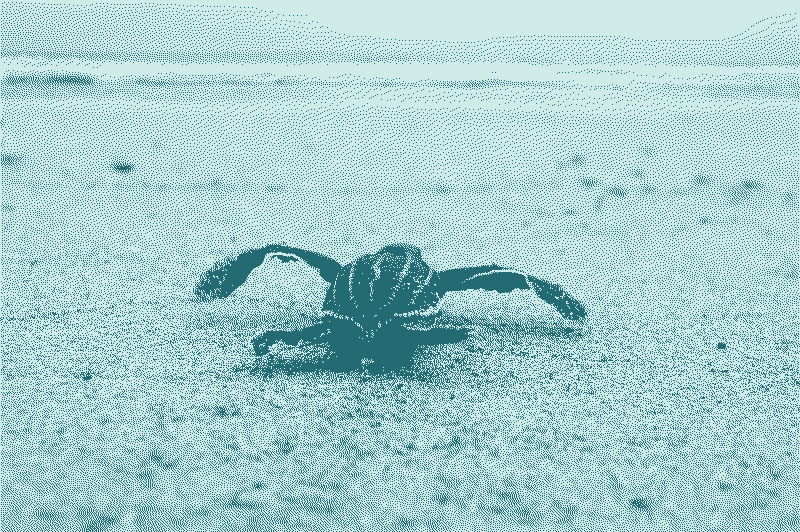
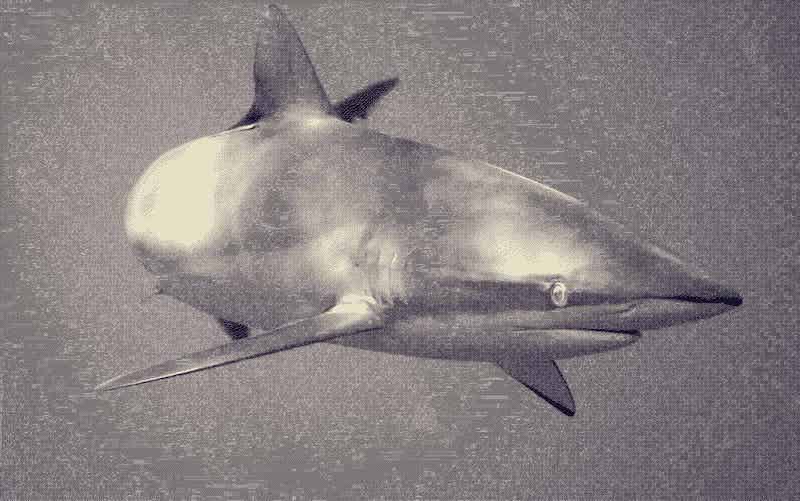
será una propuesta multisectorial de gobernanza y de regulación para alta mar, con énfasis en pesquerías y navegación, para que sea presentado por parte de los gobiernos de la región, ante Naciones Unidas.
será un Programa de Acción Estratégico presentado para aprobación a los actores clave incluyendo a los signatarios de la Declaración de Hamilton sobre Colaboración para la Conservación del Mar de los Sargazos.
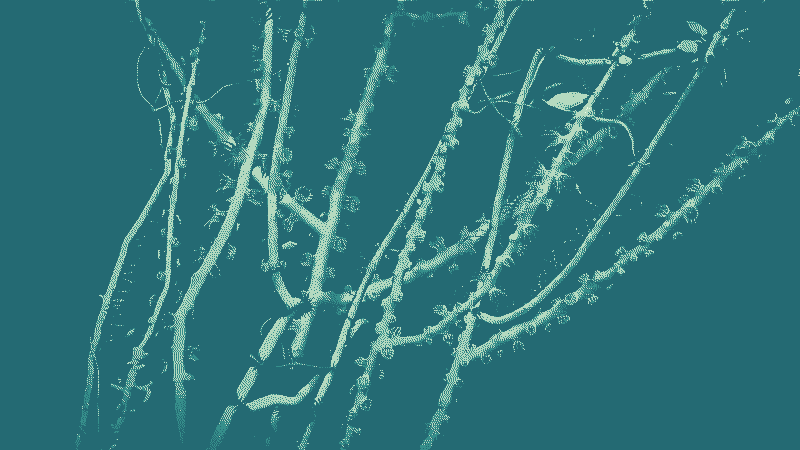
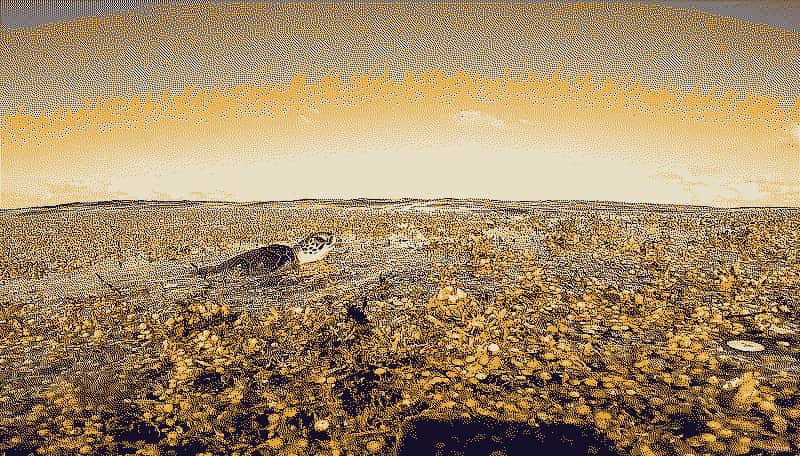
Las lecciones aprendidas serán compartidas por medio de actividades para el fortalecimiento de capacidades, incluyendo un Curso en Línea (MOOC) sobre gobernanza y conservación del alta mar.
Conozca a nuestro equipo transdisciplinar

Dr. Jorge Jiménez is the General Director at MarViva Foundation, a regional non-profit organization that promotes the conservation and sustainable use of coastal and marine ecosystems in the Eastern Tropical Pacific. MarViva works in three strategic areas; marine spatial planning, sustainable markets, and institutional strengthening, to achieve an integrated approach to marine management in the region. Dr. Jiménez, specialist in biology and marine ecology, has developed extensive knowledge in the areas of: Marine Spatial Planning, Wetland Conservation and Biodiversity, Biodiversity Inventories, inter-institutional and multi-sectoral coordination, Information Systems Administration, and Database Development & Management. He has written over 70 peer- reviewed journal articles, 4 books and over 12 chapters in contribution to additional publications, including “Marine Spatial Planning: A Guide to Concepts and Methodological Steps”. He has acted as international speaker and Visiting Professor at institutions in the United States, Latin America, the Caribbean, Australia and Europe.

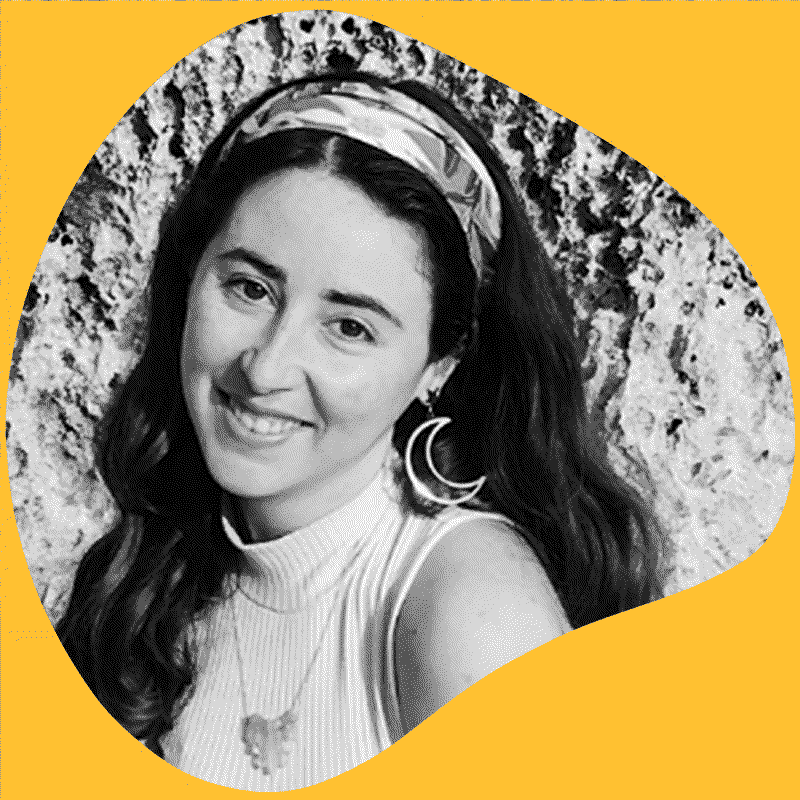
Communications Officer – Marine Research Fellow

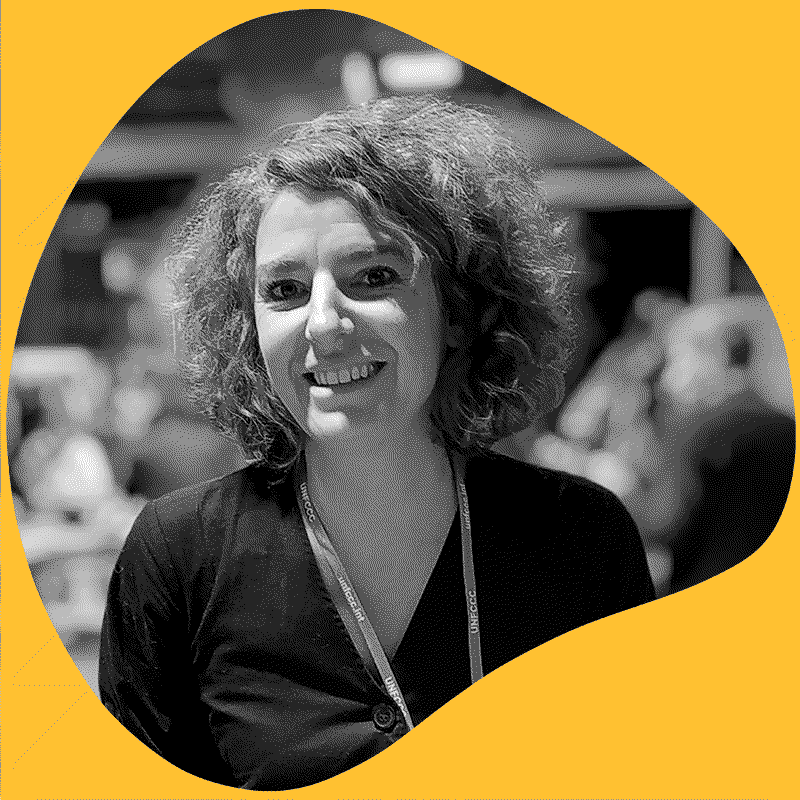
Capacity building officer – Université de Bretagne Occidentale
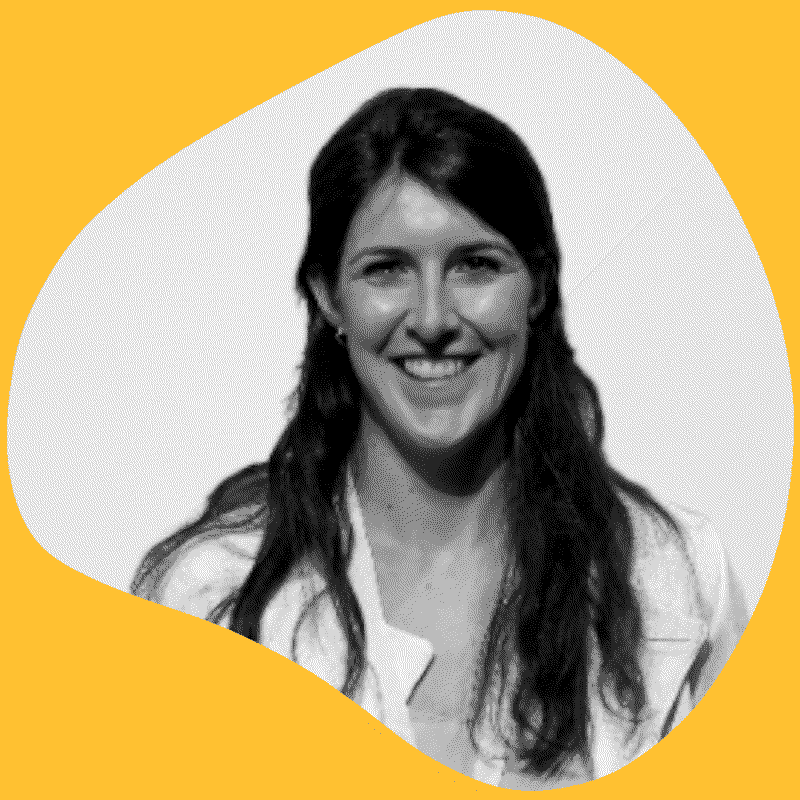
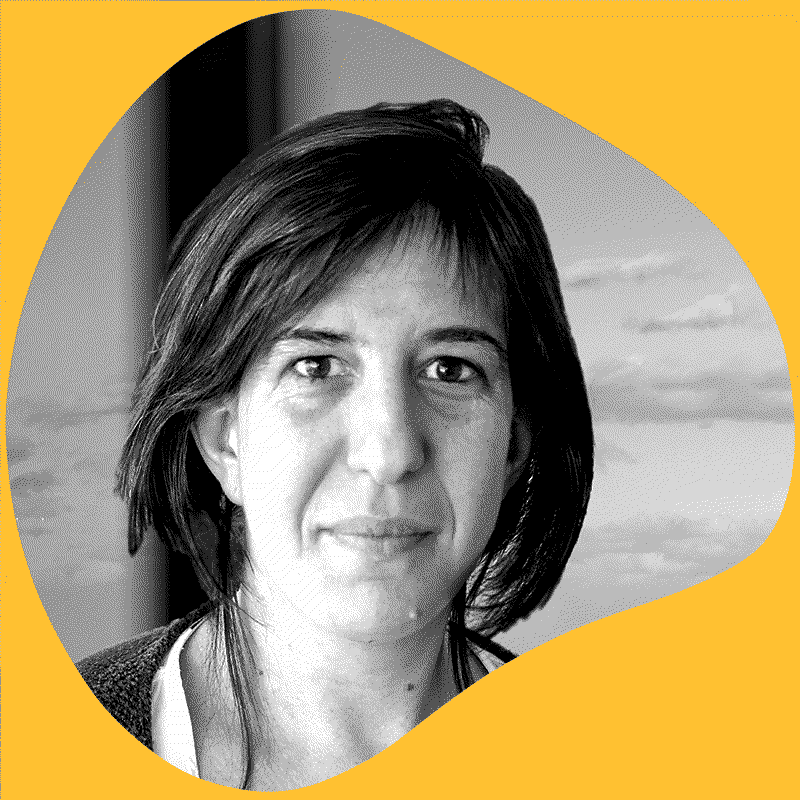
Europe and International Directorate – French Biodiversity Agency (OFB)
Y su participación en el proyecto

Creada en 2002, la Fundación MarViva es una organización regional sin ánimo de lucro que contribuye a la planificación espacial y marina, la promoción de dinámicas de mercado sostenibles para los productos y servicios marinos, y el fortalecimiento de las capacidades institucionales y locales para optimizar la gestión sostenible de los océanos.
Desde sus oficinas operativas en Costa Rica, Panamá y Colombia, MarViva trabaja a nivel nacional y regional, con las autoridades y la sociedad civil, para avanzar en procesos de información y participación ciudadana para la ordenación de las actividades humanas en el mar.
¿Su principal objetivo? Promover la conservación y el uso sostenible de los recursos marinos y costeros del Pacífico Oriental Tropical (POT).
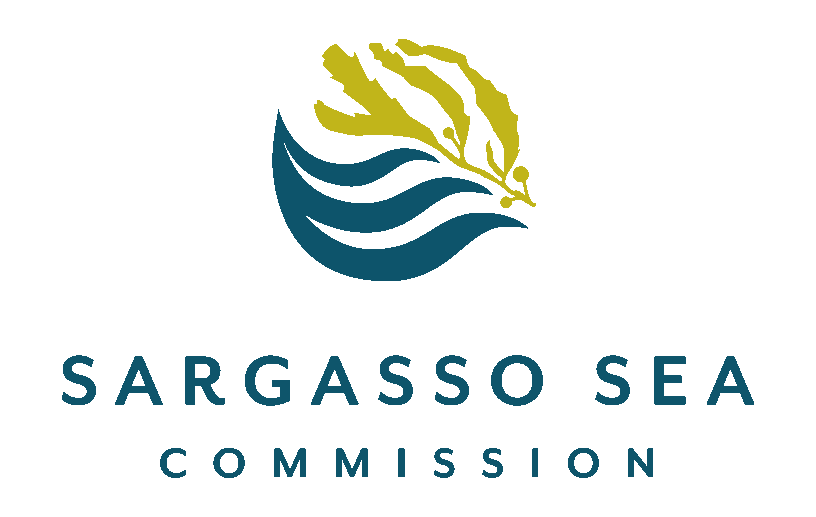
La Comisión del Mar de los Sargazos promueve la concienciación internacional y la investigación científica sobre el mar de los Sargazos. Anteriormente conocida como la Alianza del Mar de los Sargazos, la Comisión se creó en 2014 con la firma de la Declaración de Hamilton sobre la Conservación Colaborativa del Mar de los Sargazos, y opera como una entidad jurídica autónoma establecida bajo las leyes de Bermudas y Estados Unidos.
El papel de la Comisión es actuar como guardiana de este emblemático ecosistema de aguas profundas y supervisar su salud, productividad y resistencia, así como desarrollar salvaguardas para su conservación.
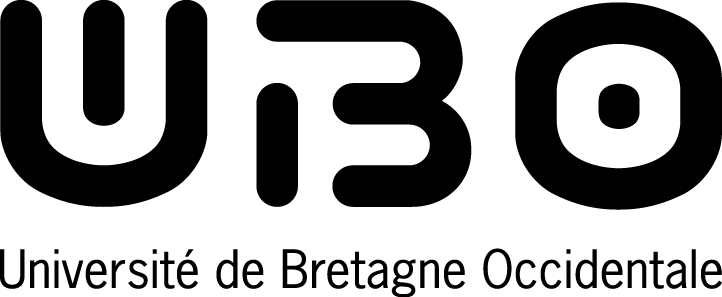
La Université de Bretagne Occidentale tiene su sede en Brest (Francia). El equipo que participa en el proyecto tiene su sede en la Unidad Mixta de Investigación (UMR) AMURE, centro multidisciplinar de investigación y formación en ciencias humanas y sociales aplicadas al mar. La unidad AMURE está especializada en el estudio de las políticas e instituciones públicas para la gestión y el desarrollo de las actividades costeras y marítimas y la protección de los ecosistemas marinos y costeros.
Con el valioso apoyo financiero de